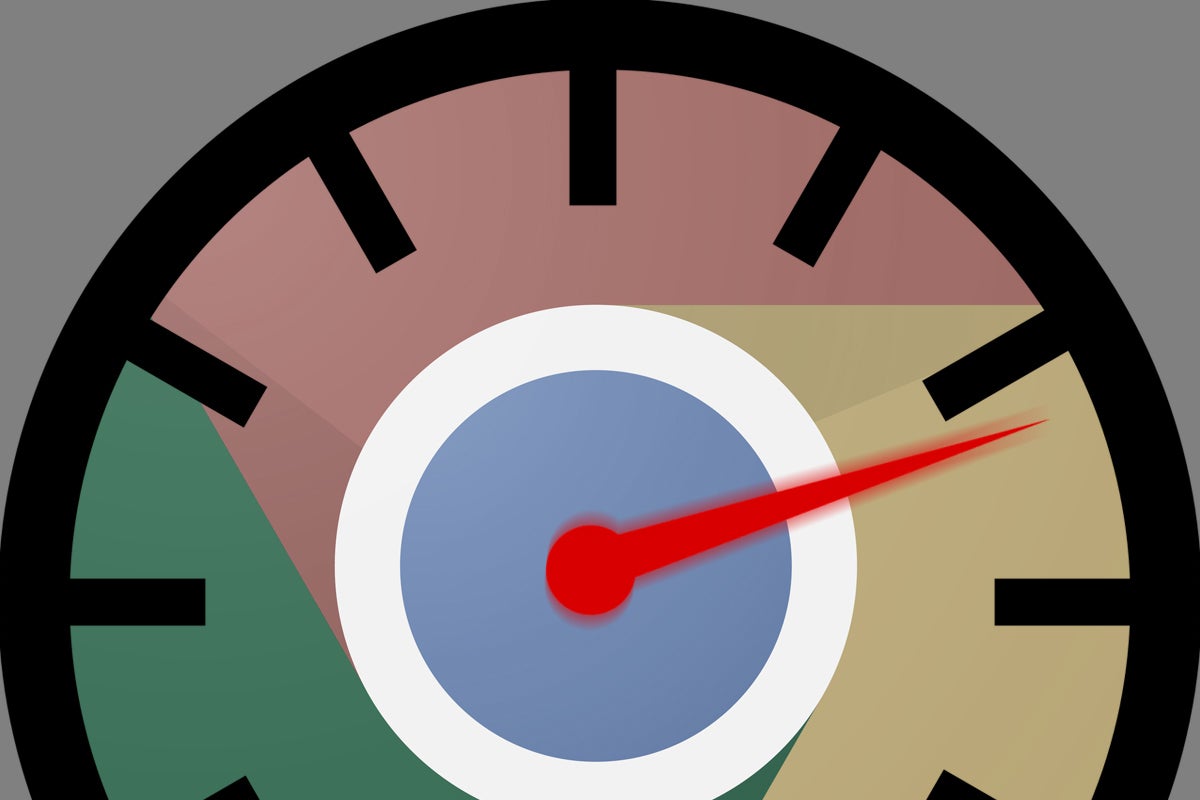

_utmb: used to determine new sessions/visits. The cookie is updated every time data is sent to Google Analytics.

The cookie is created when the javascript library executes and no existing _utma cookies exists. _utma: used to distinguish users and sessions. So, restart your computer and hopefully your issue has been resolved! It will also prompt you to restart your computer, so I recommend that you listen to that advice. Now you want to type in ‘’netsh winsock reset’’ command and hit enterĬommand Prompt will say that it has successfully reset Winsock Catalog. Now you want to type ‘’ipconfig /flushdns’’ command and hit enter.Ĭommand Prompt will get back to you saying that it has successfully flushed DNS Resolver Cache Right click on it and Run as Administrator: So to do this let’s open up the Start menu in Windows and search for Command Prompt. Most of the times it speeds up your internet browser experience. If the first solution doesn’t really suit your needs or doesn’t really help, I do recommend to flush your DNS history in Windows. Solution #2: Flush DNS data and reset netsh winsock So disabling or removing extension is something that I definitely recommend trying first. I have noticed that extensions will definitely slow down your browsing experience, as well as affectĬhrome’s startup time in the first place. If you are unaware of any extensions, or if you have no interest in them any longer, you are more than welcome to remove them from your Google Chrome web browser.

If you have any extensions listed in here, then they are obviously will contribute to Chrome’s slowness. To do that just open your Chrome browser and navigate to the menu icon in the top right corner, go to More Tools -> Extensions. Solution #1: Disable or remove unused Chrome Extensions If you ever find that your Google Chrome browser is taking too long to load there is no need to be frustrated.


 0 kommentar(er)
0 kommentar(er)
